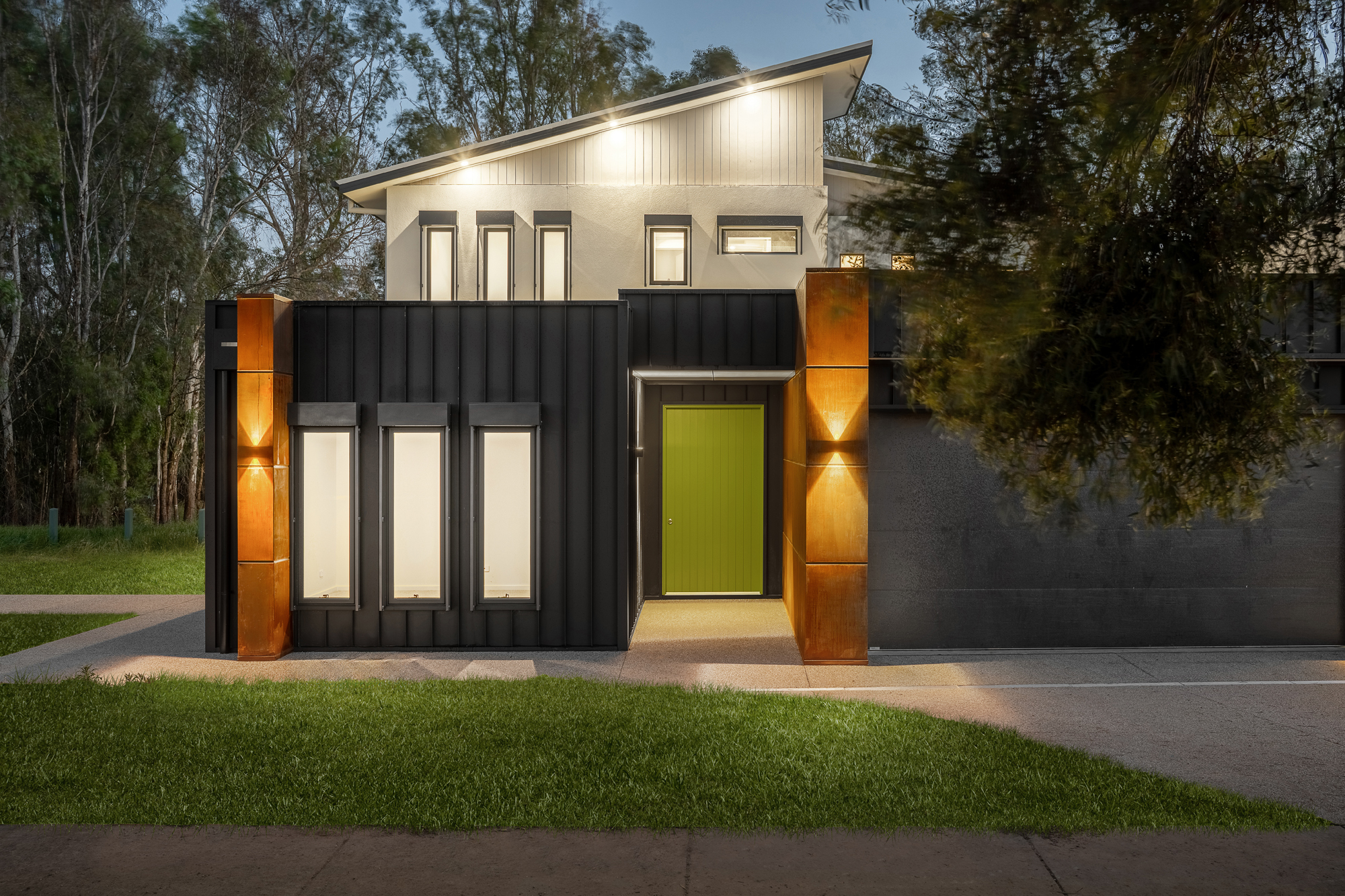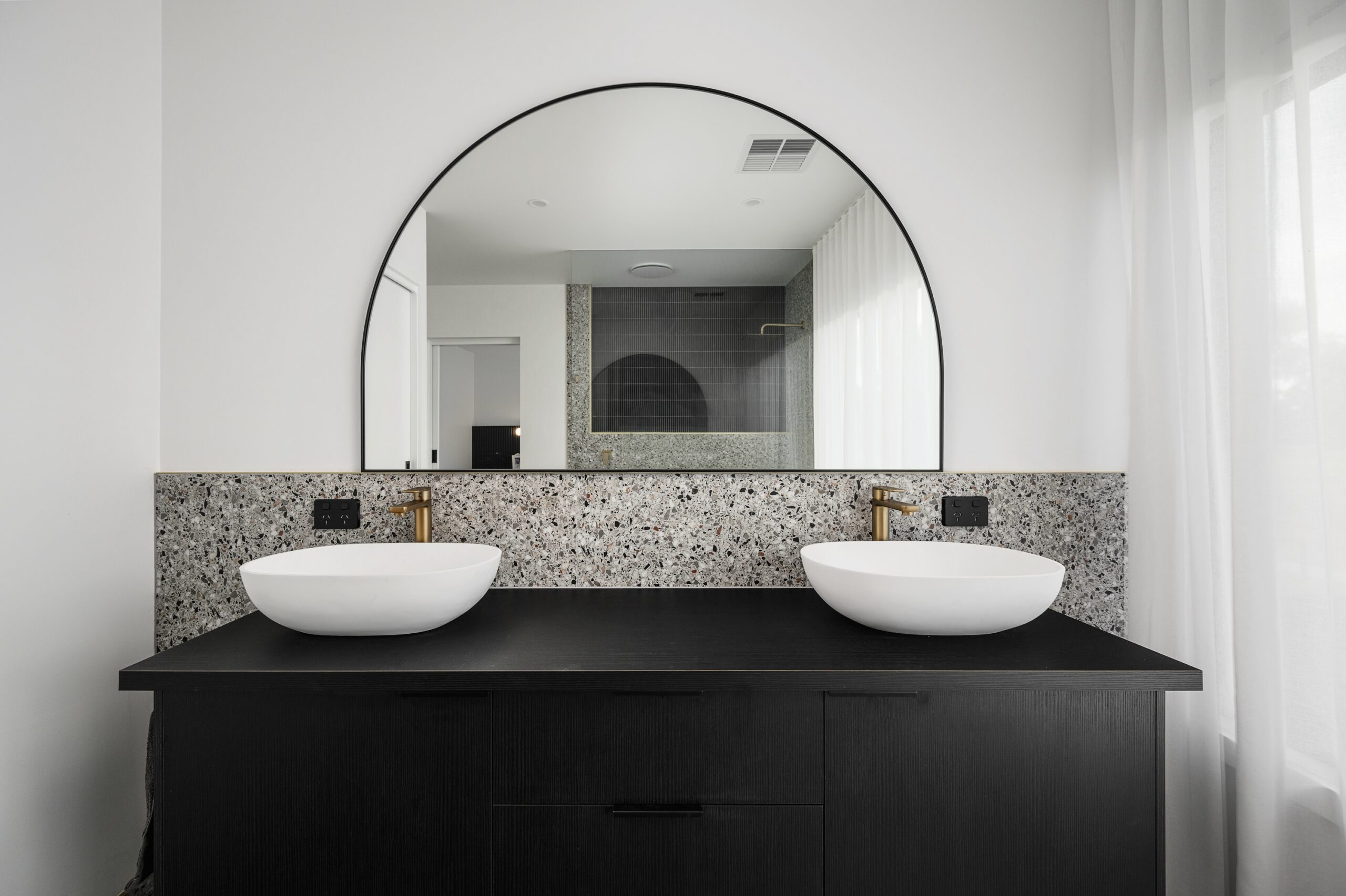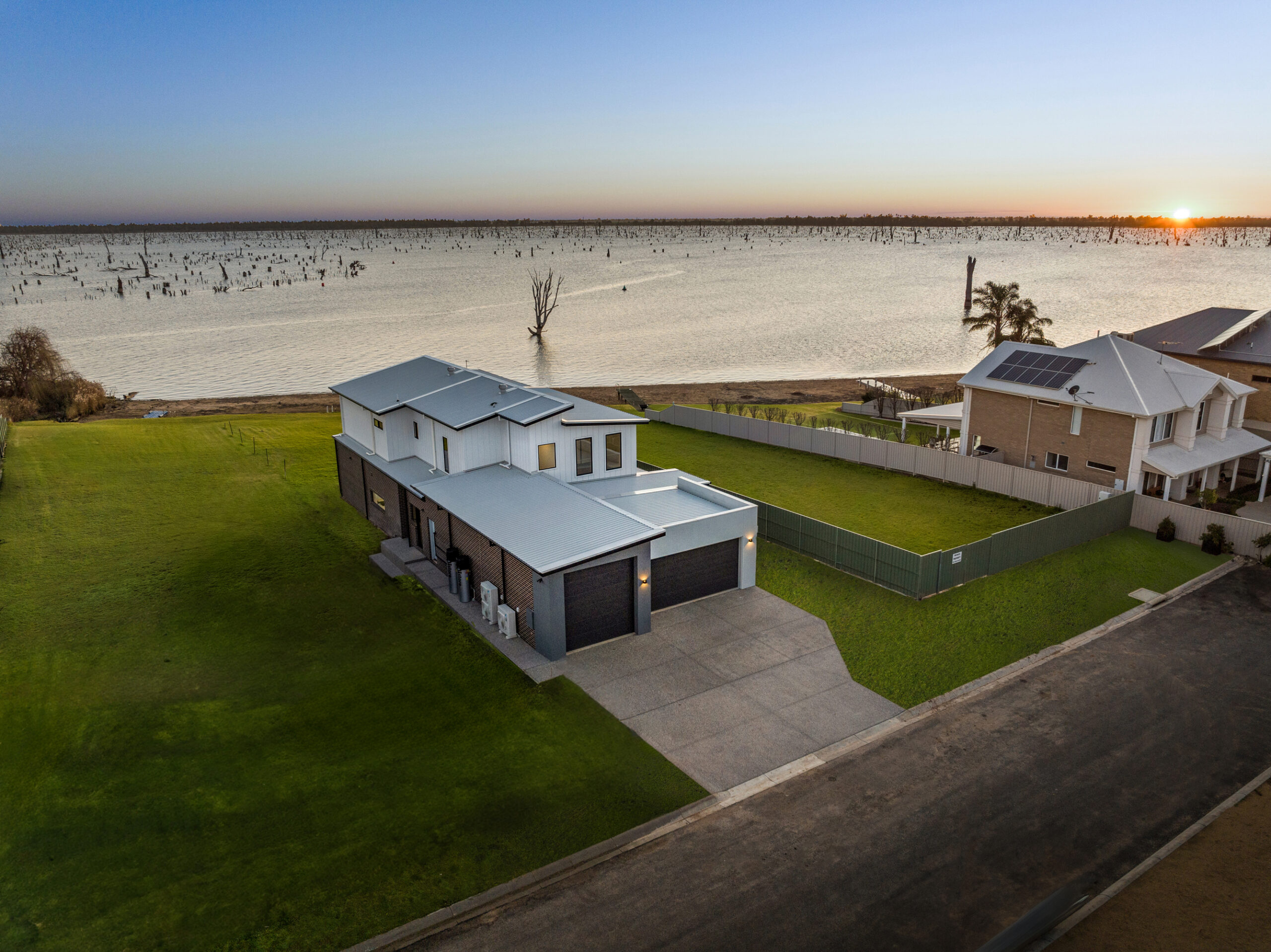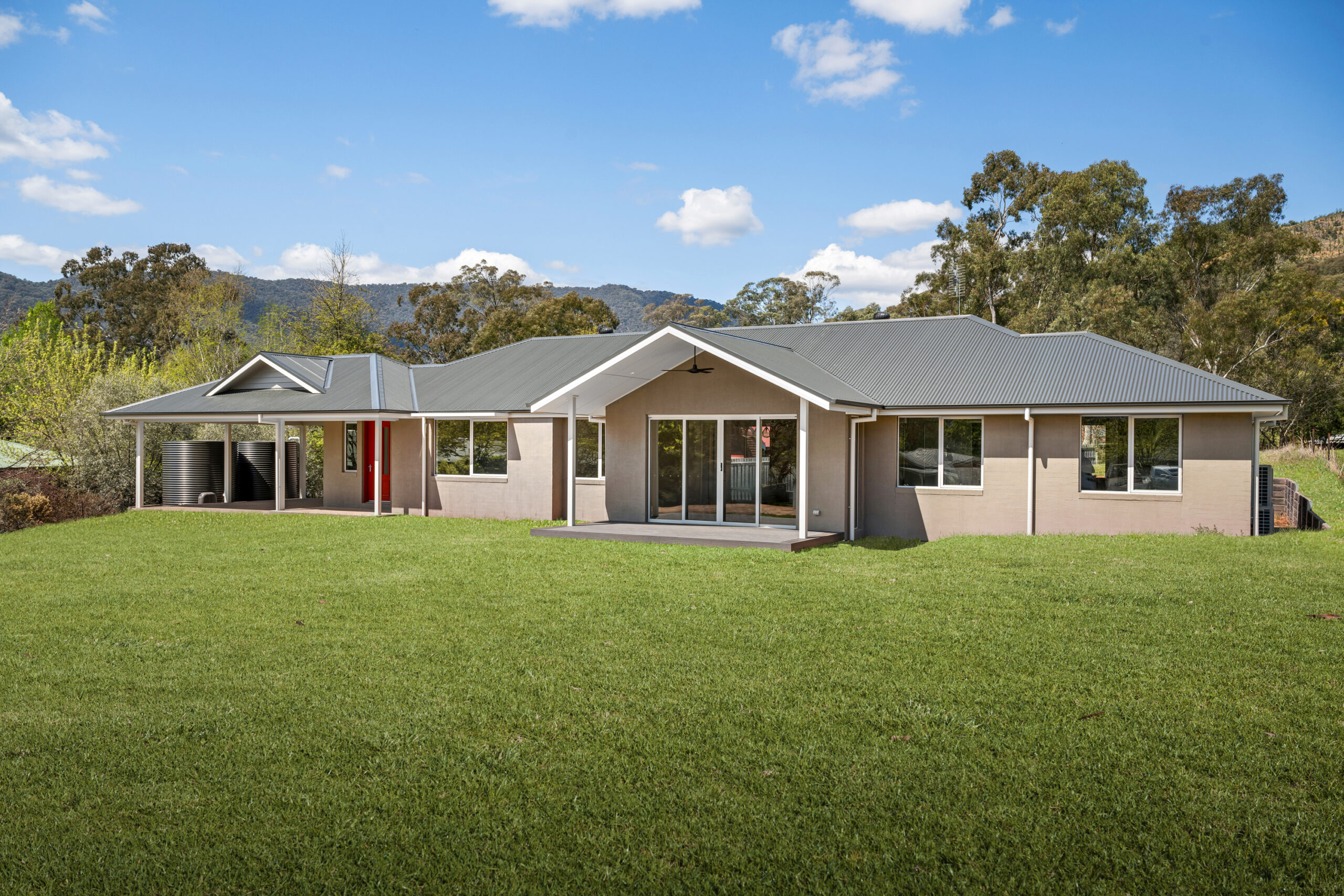Let’s take a step back…
When building your home, there’s a few essential things you should do at the start of your journey to avoid significant problems down the track. The main thing is to be prepared and feel completely “in-the-loop” with what’s going on. You don’t want to regret any decisions you make (or forgot to make) along the way. Don’t make these five common mistakes!
1. DON’T Rush the Planning Phase
The planning phase essentially sets you up for a successful build. This might be the first time you’ve ever seen a detailed floor plan? If so, make sure you take the time to really review your plans and understand where everything is situated. These plans will one day be your home, so double check that all your design features have been included. For example: ceiling fans, cabinetry, power points etc.
Floor plans can also look a bit overwhelming and complicated. And you might not know what you’re looking at 100% of the time. But that’s okay! Ask your designer to talk you through the plans so you completely understand the layout. If there is anything you’d like to change, make those changes happen sooner rather than later! Being on the front foot during the planning phase will save you a lot of time and money later on. You don’t want to be trying to add another cabinet to your kitchen once the Fit Out stage has started.
What To Do
- Review plans with your designer until you fully understand them and are 100% happy
- Make any design changes early, before the plans are finalised
- Ask as many questions as you need to, it’s your home!
2. DON’T Underestimate Costs
When thinking about your budget, make it realistic and achievable. And add a buffer! To avoid any budget blowouts, you should allow a contingency fund of approximately 3-5% of your total build cost. This will help cover costs such as site prep, earth works etc.
It’s also important to think about potential upgrades you might like to include in your selections appointment. For example: would you prefer a chalk finish or natural finish or would you prefer stone or porcelain benchtops? There’s lots of tempting opportunities to upgrade your interiors, so set a little extra aside to get the interiors you absolutely desire.
What To Do
- Have a “Contingency Fund” from the start of the project
- Allocate funds to the most practical components first eg. Earthworks
- Allow yourself to have at least three upgrades (but not all the upgrades)
3. DON’T Choose the Lowest Quote
It’s normal to shop around and get quotes from different builders. But beware… the lowest quote isn’t always the best. In a time where every dollar counts, it’s important to be cost effective, without compromising on quality. Go through each quote and work out what’s most important to you – high-quality products or a cheaper home?
It’s also important to do your due diligence and do some background research on your potential builders. Do they have good client reviews? What does their website look like? Are they the right fit for you? If you choose a builder, simply based on price, you’re going to be making compromises somewhere else.
What To Do
- Choose the best combination of Reputation x Quality x Price
- Go through each quote with each of the builders so you know exactly what’s included (it might sound tedious but it is definitely worth it)
4. DON’T Skip Permits
This is a BIG NO! If you skip a permit, your project is not going to move very far. Significant construction delays and legal issues will arise, costing you more time and money than necessary. Some projects can be paused for a long time before construction even starts, or not even go ahead at all.
As permits rely on third party approvals such as Local Council, the return time is going to take a while (sometimes up to six months), so it’s important to prioritize the permit process. Once you have your permit, there should be no unexpected speed humps from a planning perspective moving forward eg. floodways, sewage etc.
What To Do
- Get your site properly by all the necessary parties eg. Surveyor
- Submit your application EARLY (before construction starts)
- If you’re having trouble with the planning permit, engage a Town Planner or talk to your builder
5. DON’T Neglect Energy Efficiency
Having an energy efficient home is now more important than ever. As of 1st May, 2024, the National Construction Code enforced that all new Australian Homes need to meet a Seven Star Energy Rating. Building for seven starts doesn’t have to be completed. Simple design and material choices can make a big difference to your energy rating. There are also a lot of benefits to building a more energy efficient home, such as lower energy bills and more in-home comfort.
What To Do
- Talk to your designer about orientating your home to best utilise natural light
- Choose light coloured windows (will make a huge difference)
- Prioritise window glazing and insulation (lets the Winter warmth in and reflects the hot sun in Summer



